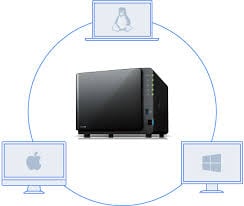this post was submitted on 28 Nov 2023
92 points (96.0% liked)
Linux
48165 readers
1204 users here now
From Wikipedia, the free encyclopedia
Linux is a family of open source Unix-like operating systems based on the Linux kernel, an operating system kernel first released on September 17, 1991 by Linus Torvalds. Linux is typically packaged in a Linux distribution (or distro for short).
Distributions include the Linux kernel and supporting system software and libraries, many of which are provided by the GNU Project. Many Linux distributions use the word "Linux" in their name, but the Free Software Foundation uses the name GNU/Linux to emphasize the importance of GNU software, causing some controversy.
Rules
- Posts must be relevant to operating systems running the Linux kernel. GNU/Linux or otherwise.
- No misinformation
- No NSFW content
- No hate speech, bigotry, etc
Related Communities
Community icon by Alpár-Etele Méder, licensed under CC BY 3.0
founded 5 years ago
MODERATORS
you are viewing a single comment's thread
view the rest of the comments
view the rest of the comments

Yeah, there are a few limitations to each. NFS, for example, doesn't play nicely with certain options if you're using a filesystem overlay (overlays), which can be annoying when using it for PXE environments. It does however allow you to mount in several remote machines simultaneously, which I don't think iSCSI would play nicely with.
SMB though has user-based authentication built in, watch can be quite handy esp if you're not into setting up a whole Kerberos stack in order to use that functionality with NFS.